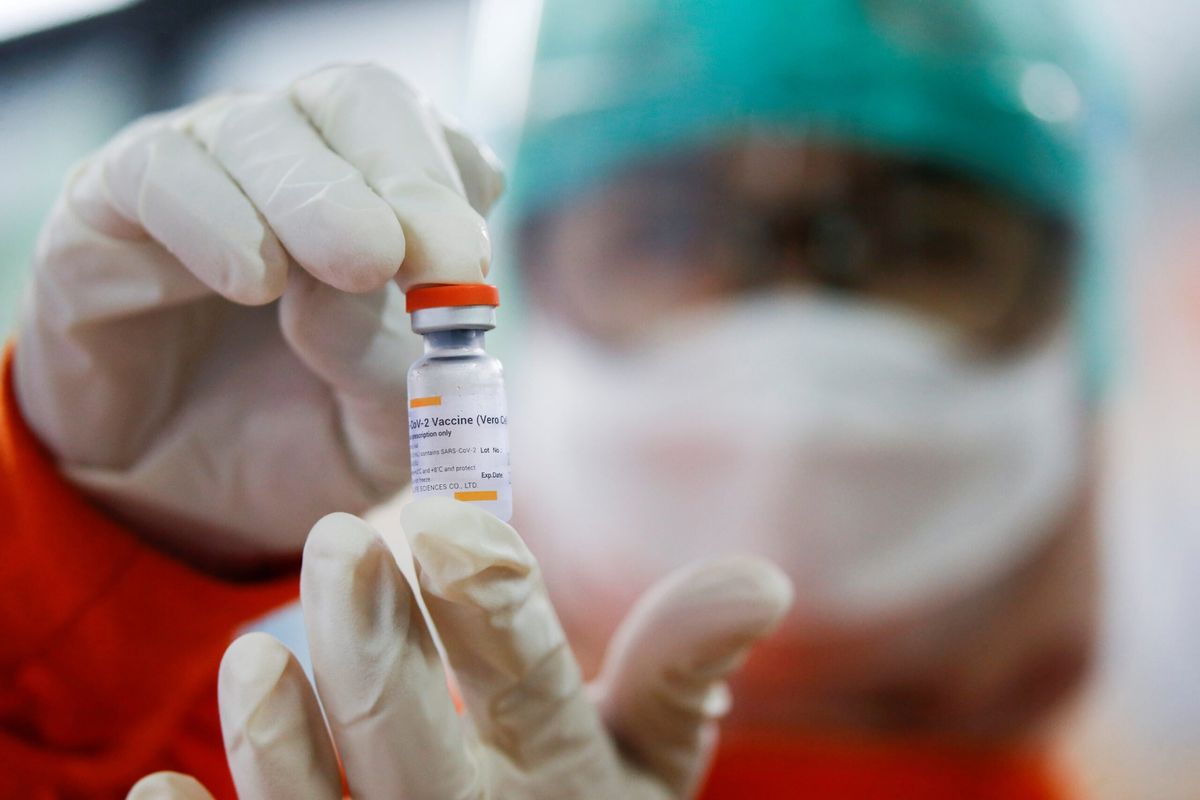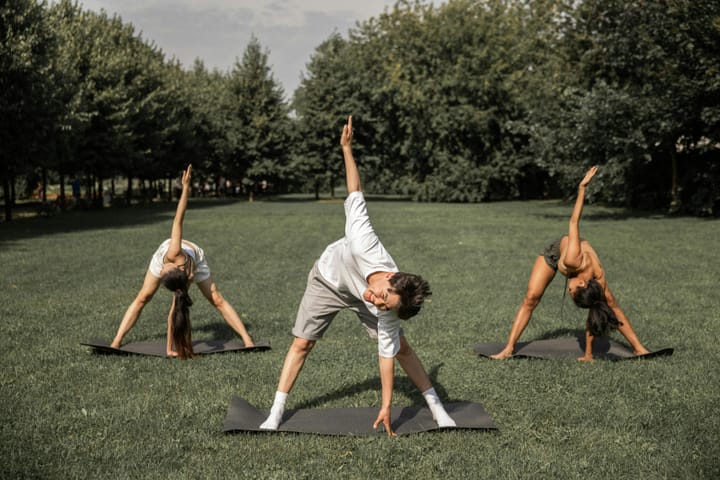The global vaccination effort, explained

A few minutes every morning is all you need.
Stay up to date on the world's Headlines and Human Stories. It's fun, it's factual, it's fluff-free.
COVAX released a call for help of sorts at the end of May that outlined the specific challenges it’s facing in vaccinating everyone.
Why is it important to vaccinate the entire world?
- Beyond the obvious importance of vaccinating people so they don’t die, there are also benefits for developed countries to invest in the vaccination of everyone on the planet, or at least as many people as possible.
- Scientists have said that their greatest fear is around the question of whether current versions of the COVID-19 vaccine will be able to protect against future strains of the virus as well as the likelihood that a new strain would originate in a place where there are low rates of vaccination, like in developing countries.
- For most countries, this is terrifying because a new strain could lead to more lockdowns, continued travel bans and additional pressure on economies, such as the US’, that have only started to rebound.
- But if we reach global immunity through vaccination, that would make it much more difficult for a new vaccine-resistant strain of the virus to develop anywhere in the world.
- So aside from just wanting to help people, governments of developed countries have a strong economic, social and political incentive to make sure COVID-19 gets stopped globally as fast as possible.
So what’s being done?
- A major effort currently being pushed involves a program run by the World Health Organization (WHO) called COVAX, which is essentially a globally coordinated program whose main goal is to provide equal access to vaccinations.
- COVAX’s goal for 2021 is to deliver two billion doses of the various COVID-19 vaccines, as it sees fit. It plans to target medical professionals first and then to eventually move on to vaccinate at-risk groups, like the elderly or those with preexisting conditions.
- Of course, an effort that massive doesn’t come cheap and the WHO’s price tag for its efforts in 2021 is well over US$30 billion.
- Fortunately, about a third of that money has already been financed, either through private donations, philanthropic efforts, or governmental funding from the eighty countries who have agreed to help pay for it all.
So what now?
- COVAX released a call for help of sorts at the end of May that outlined the specific challenges it’s facing in vaccinating everyone.
- In addition to funding shortages, COVAX said that it was also looking down the barrel of a vaccine shortage that it couldn’t deal with alone. It specifically called on countries to donate vaccines that would go unused and to get rid of things like trade barriers that slow down the international distribution of vaccines.
- Lots of countries quickly responded to the call. Some countries, like Japan and Australia, said they would be putting up more money for the COVAX effort. Others, like the US and Spain, said they would be donating mass numbers of vaccines to the effort.
- So far it isn’t entirely clear whether or not the COVAX program will reach its goal of vaccinating two billion people, or even if it will be fully funded by the end of the year, but it’s clear that countries from every continent are taking the threat of a second virus and the importance of the global vaccination effort seriously.
Have a tip or story? Get in touch with our reporters at tips@themilsource.com




Comments ()